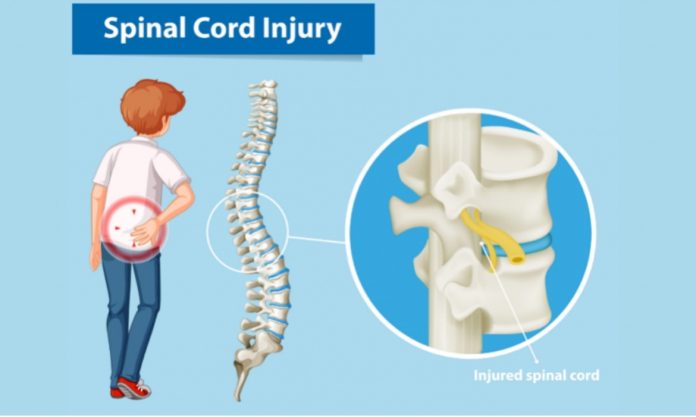Orlando is a beautiful city located in central Florida. The city is famous for theme parks. One problem with the city is that truck accidents are quite common. Due to the size and weight of trucks, even a minor accident can lead to severe consequences.
Spinal cord injury (SCI) is among the injuries a victim can sustain in a truck accident. The impact of a SCI can be life-threatening, affecting the physical, mental, emotional, and financial well-being of a victim.
Hiring good truck accident attorneys in Orlando is necessary to help victims secure better compensation. In this article, we will be focusing on spinal cord injury and the life-changing effects that could arise from it.
Understanding Spinal Cord Injuries
SCI occurs when there is damage to the spinal cord, which disrupts the signals from the brain to the rest of the body. The injury results from any traumatic force to the spine, which is common in high-impact accidents with trucks.
Spinal cord injuries are divided into two categories: complete and incomplete. Complete is when an injury causes permanent damage to an area of the spinal cord, which results in total loss of sensation and motor function. Incomplete injuries mean some function might remain.
Life-Changing Effects of Spinal Cord Injuries
Spinal cord injuries have lasting effects that alter almost every aspect of a person’s life. Here are some life-changing effects:
Depending on the location and severity, SCI can cause permanent disability. Most victims end up with partial or complete paralysis, often requiring wheelchairs and other mobility-aiding devices.
Paralysis affects independence. It can make everyday activities like eating, dressing up, and personal care difficult, requiring full assistance.
Many people who have suffered spinal cord injuries experience chronic pain. This pain comes from nerve damage caused by the injury or secondary issues like muscle stiffness, joint problems, and pressure sores.
Another type of pain is neuropathic pain, which people experience as burning or tingling sensations. Pain affects victims’ moods and quality of life. It can even make physical rehabilitation difficult, further delaying the healing process.
Victims may find it hard to come to terms with life-changing spinal cord injuries. Many survivors experience depression, anxiety, and grief as they cope with their new limitations. Therapy is very important in dealing with these emotional and psychological effects.
Spinal cord injuries affect a victim’s overall life. Participating in activities you once loved, like sports, motorcycle riding, or knitting, may become impossible or difficult.
Some victims are unable to work or go back to the same field. This affects career fulfillment and professional lifestyle. The relationship with loved ones also changes as your spouse and family may be forced to adopt a caregiver role.
Victims of paraplegia and quadriplegia may lose sensation in sexual organs, affecting their intimate lives. All these factors contribute to social isolation, particularly if mobility affects social engagement.
Unfortunately, spinal cord injuries reduce a victim’s life expectancy. Those injured at a younger age are more affected than those at older ages. This is caused by several factors, like:
● Respiratory complications that can result in infections
● Secondary conditions from the injuries, like high blood pressure
● Inability to access and afford quality medical services
● Smoking and binge drinking to cope with the new way of living
Since the risk of complications increases, victims may suffer from opportunistic diseases that could be fatal.
In some spinal cord injury cases, the prognosis can be uncertain. Other victims are projected to make a recovery or improve, but this is often not assured. The uncertainty can cause anxiety and the fear of what is next.
The outcome of spinal cord injuries goes beyond the initial trauma and can lead to lifelong pain, immobility, and dependence on the people around you. Victims need to hire a good truck accident attorney to help get a settlement that covers medical expenses and pain and suffering.







